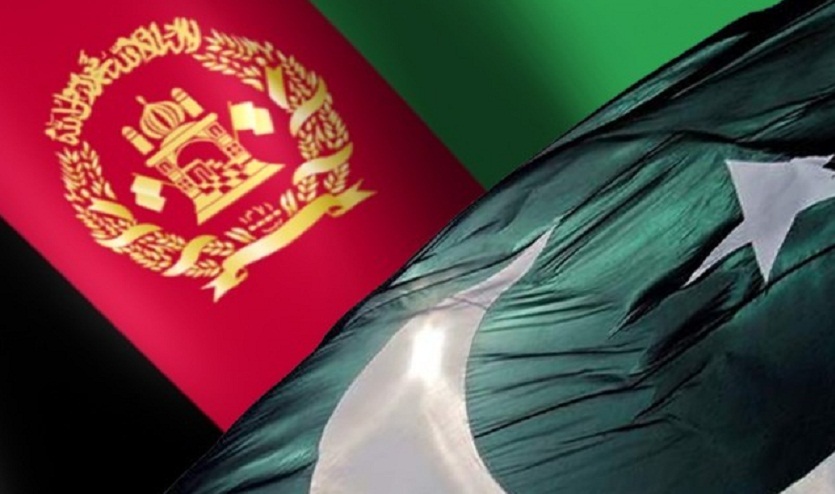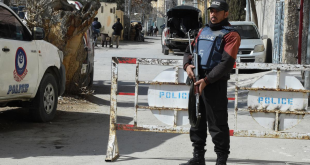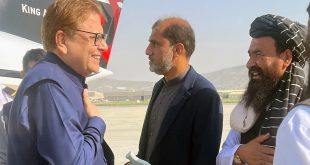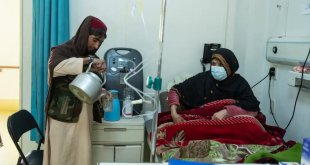Delegations from Afghanistan, Pakistan, China and the United States are scheduled to gather under a single roof today (Monday) in Islamabad to make what is called “a comprehensive roadmap” for the peace talks between Afghanistan and the Taliban rebels.
The meeting was agreed last month when Pakistan’s army chief of staff General Raheel Sharif visited Kabul. The Taliban would not be included the quadrilateral meeting. We have been witnessing similar meetings in the past that had failed to yield any positive result and create a hope for peace in the hearts of the people. Former President Hamid Karzai believed that the “key for Afghan peace is in the hands of Pakistan and the United States”. Obviously, regional countries especially Pakistan, play important roles in the political games that are played in Afghanistan.
The United States as a major global power and being directly involved in the events of Afghanistan with having military presence and spending billions of dollars is another player at our affairs. Apparently, the United States indicated interests for peace talks and reintegration in Afghanistan.
The United States handed over the Bagram detention center to Afghan government and stopped night raids on the villages. But, Washington could do more to bring peace. It could use its influence to pressure Pakistan to stop sheltering and supporting armed groups. Also, Washington should have looked for the hideouts of terrorists outside the borders of Afghanistan, not in our ruined villages.
This time, Pakistan has announced to persuade Taliban to come to the peace talks and has announced that it would present the list of those Taliban who are ready to join the peace process. It has also committed to cooperate with Afghan government in struggle against those rebels who continue insurgency. Afghans are not sure that Islamabad is honest in its promises as it has not helped the peace efforts in its neighboring country despite vowing to work honestly.
Those Taliban leaders that were believed to be interested in peace, mysteriously died or became useless for the peace process. Mullah Obaidullah and Mullah Abdul Ghani Baradar are good epitome in this regard. The first former was found dead at a prison in Pakistan and the latter could not stand on his feet or speak when the Afghan peace council delegation met him in Pakistan.
The first round of direct peace talks which was kicked off in the summer of 2015, collapsed when the death of the Taliban founder and leader Mullah Omar was announced. Some Afghans including government officials seem to be optimistic for the quadrilateral meeting and hope this session would have positive results. But others are not so optimistic and look at Pakistan with doubtful eyes.
The Taliban, who used to take a breath in the winter, did not stop fighting this winter. Taliban commanders are busy in a power struggle and this is unclear that who would represent the group if the talks resume.
In addition to that, not only the Taliban is fighting the government but Hekmatyar-led Hizb-e-Islami and the Haqqani Network have also challenged writ of the government. Despite positive and negative viewpoints, the conflict-hit people are waiting for another chance to lead the country toward a lasting peace.
 Afghanistan Times
Afghanistan Times




